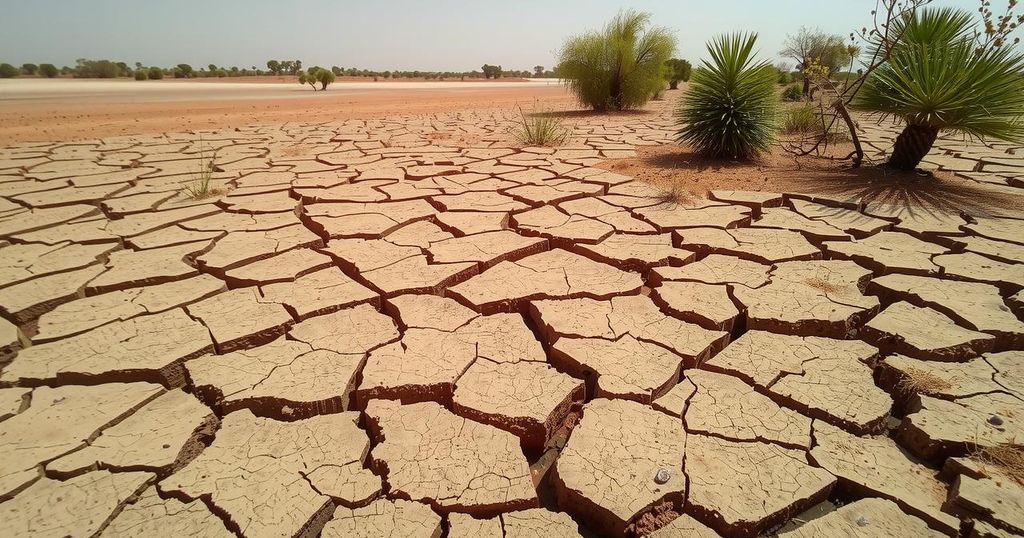Women Disproportionately Affected by Climate Change in South Sudan’s Heatwave
Women and girls in South Sudan are significantly impacted by climate-change-induced heatwaves, facing increased health risks and educational challenges. A recent study determined that February’s extreme heat was exacerbated by human-caused climate change. Persistent gender roles and existing inequalities further deepen the vulnerabilities experienced by women, with implications for maternal health. Urgent interventions are essential to combat the escalating climate crisis and support affected communities.
Recent research highlights that women and girls in South Sudan are disproportionately affected by a severe heatwave exacerbated by climate change. The World Weather Attribution (WWA) group determined that the heatwave in February was made ten times more likely and two degrees Celsius hotter due to human activities. This extreme weather has caused schools in the capital Juba to close, with temperatures reaching alarming levels that pose serious health risks.
School infrastructure contributes to the problem; most buildings lack air conditioning and feature iron roofs that trap heat, creating unsafe learning environments. Consequently, the high temperatures have resulted in heat-related illnesses among students, prompting repeated school closures. These disruptions notably impact girls, who face increased challenges in maintaining their education amid ongoing extreme weather conditions.
Gender roles further exacerbate the situation, as women in South Sudan are tasked with household chores that expose them to dangerous heat. According to Friederike Otto, a senior climate science lecturer, existing inequalities worsen the impact of climate change on women, leading to a higher likelihood of severe outcomes, including increased maternal mortality. Overwhelming burdens from caregiving and reduced work opportunities contribute to a cycle of vulnerability.
The WWA study reveals alarming statistics regarding maternal health, emphasizing that the intensified heat can increase miscarriage and stillbirth risks during pregnancy. The findings also illustrate a significant temperature increase since the pre-industrial period, indicating that such intense heat could occur more frequently without substantial interventions to reduce emissions.
Climate scientist Kiswendsida Guigma proposes measures like enhancing school ventilation and adjusting school schedules as potential solutions to mitigate heat effects. Additionally, the researchers unanimously caution that extreme heat events will likely become annual occurrences if countries do not actively reduce fossil fuel reliance.
In conclusion, the ongoing heatwave in South Sudan illustrates the severe implications of climate change for women and girls, who face heightened health risks and educational disruptions. The realities of social inequities render women particularly vulnerable, necessitating urgent attention to improve conditions and implement adaptive measures. As climate impacts continue to escalate, comprehensive strategies are essential to mitigate these challenges and protect the most affected populations.
Original Source: www.climatechangenews.com




Post Comment